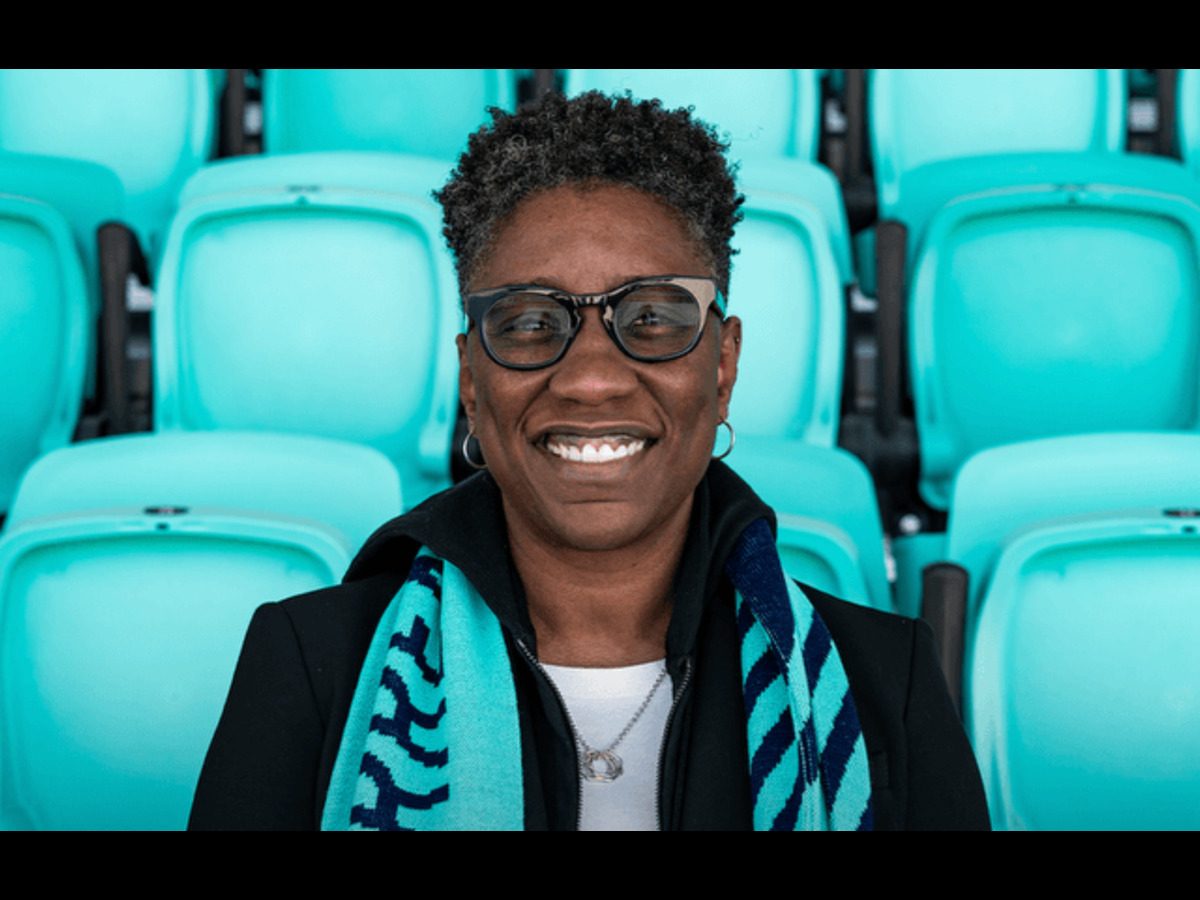As early as age 4, Praise Matemavi had aspirations of being a medical practitioner. At the age of 10, she told her family that she would like to be a cardiothoracic surgeon, inspired by a group of cardiac surgeons from Loma Linda University in California who came to Zimbabwe to conduct congenital heart surgery on children at Parirenyatwa Hospital in Harare.
When she was in fifth grade, her supportive father purchased her a copy of “Gifted Hands,” which she finished in one night, igniting her enthusiasm that was further enhanced by Ben Carson’s iconic story. However, she preferred to operate on the brain rather than the heart.
At the age of fourteen, she relocated to the United States to follow her passion while maintaining her academic excellence. Matemavi told The Weight She Carries, “I always believed in myself. I always believed I could do anything I wanted to do. There was never a doubt in my mind that I could do anything.”
Her plans were nearly derailed when she fell pregnant at the age of 18. To avoid further embarrassment for her parents, who were pastors, the pacesetter opted to marry the man who got her pregnant, only to find herself in a turbulent marriage that nearly ended her life.
She clung to her ambition and applied to nursing school to supplement her income because she lacked U.S. citizenship. She eventually ended the marriage after the birth of her second child, believing it to be a life-saving move.
Matemavi, no longer constrained by an abusive marriage, resumed her pursuit of becoming a surgeon and applied to numerous medical schools while preparing to take the MCATs. She soon found herself in another rut. “So now I’ve passed the MCATs, but I don’t have a bachelor’s degree, and all these medical schools require one to get into their programs,” Matemavi recalled.
“I had all these interviews lined up to get into these medical programs because the schools were under the impression that I would have a bachelor’s degree by the time the program began.”
She marched to an academic advisor at Sienna Heights University with a strategy in mind and told them what she wanted. The advisor questioned her capacity to accomplish the 60 credits required for a bachelor’s degree in a single academic year, to which she responded that she could.
Matemavi, a single mother of two toddlers at the time, put herself through a demanding schedule the year before to get ready for the MCATs and was sure she could do it again. She registered for 20 credits per semester and switched to Southwestern College, which is roughly 40 minutes away when several of her Lake Michigan College classes proved difficult due to conflicting class times.
Matemavi, who was 24 years old, would leave her children with the babysitter every morning and go to class all day long. After working the 3–11 shift on Fridays, she would spend Saturdays with her children and at church. On Sundays, she would work a double shift from 3 p.m. to 7 a.m., and on Mondays, she would get ready and race to class.
“I had a timeline. I wanted to be done with medical school by the time I was 29. That had to happen by any means necessary,” she stated.
She convinced her advisor to let her take 30 credits in the fall of 2005, and she earned As in all of her subjects. The next semester, she completed an additional 30 credits to obtain a bachelor’s degree.
She eventually enrolled in medical school and remarried. Unfortunately, due to her hectic schedule, it didn’t work out, and during her residency, she got divorced. Matemavi, now twice divorced, was crushed. Nonetheless, she clung to her faith and endured the hardship.
Before long, she was dealt another blow. Matemavi’s mother, whom she had anticipated would benefit from her accomplishments and success, died of inflammatory breast cancer two months before she was scheduled to graduate from her residency program. Her busy schedule left her with less than a week to mourn her mother before returning to work.
The pacesetter prepared herself again and set her sights on a daunting task: she wanted to specialize in transplant surgery. She said, “I decided there and then that I was going to do the most difficult thing there is to do…whether it was pediatric cardiac surgery or transplant surgery.”
Ignoring her medical instructors’ attempts to discourage her, she persisted, becoming the sole woman in her residency class. She persevered and eventually graduated as a transplant surgeon, enduring the nights of flying on airplanes to obtain the parts required for transplantation.
However, the trailblazer admitted that there were instances when she felt most undermined, particularly when she visited hospitals to retrieve organs and the hospital staff immediately struck up a conversation with her accompanying assistant—typically a white male—as they believed he was the surgeon.
“I just let them go ahead because I know they’ll have to come and talk to me eventually so I can tell them what kind of equipment I need and exactly how I want things to go,” she said. “It’s one of those things I’ve had to learn to deal with and it doesn’t bother me much anymore.”
She got married again, this time to a man who understood her passion and did not complain about her work schedule, although she was working about 120 hours per week and was on call every day.
Matemavi is Zimbabwe’s first female transplant surgeon and one of its youngest, though she primarily operates in the United States.
According to New Zimbabwe, she is also an accomplished author with the following books: “Lessons for my Daughter: Adapted from Life Experience” and “Passion and Purpose: Black Female Surgeons,” which focuses on the courage of women in the medical field around the world as they pursue their dreams.










